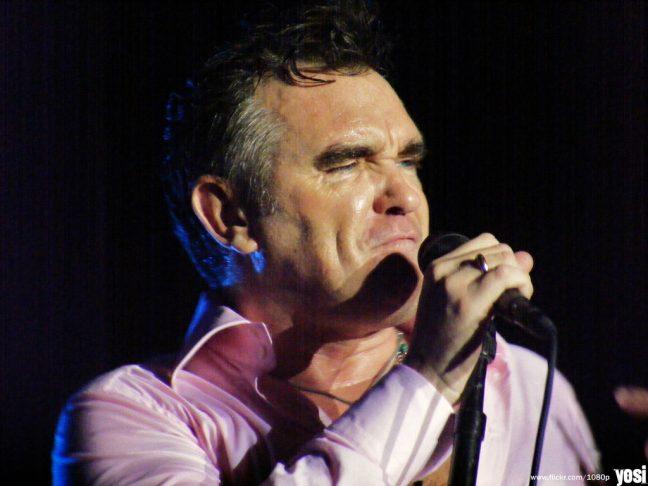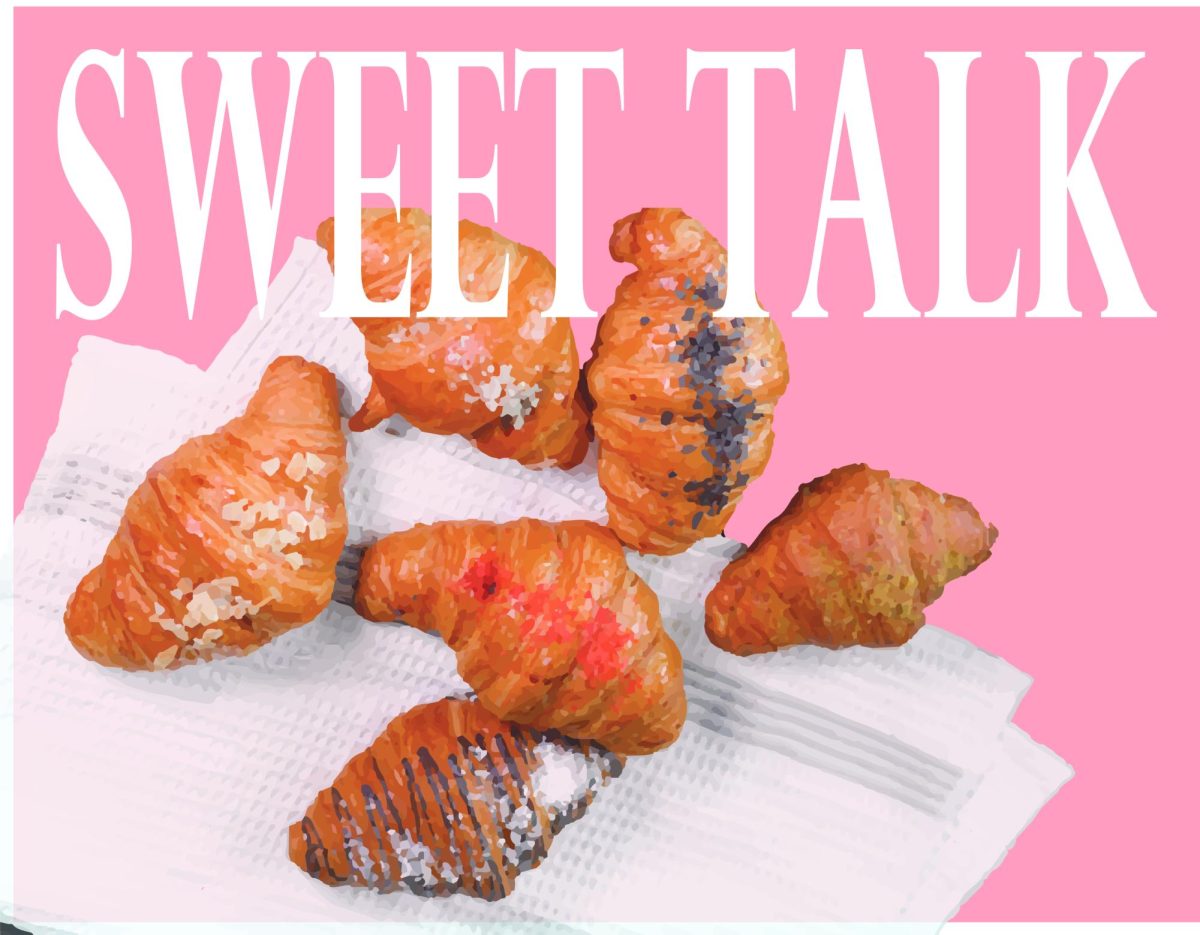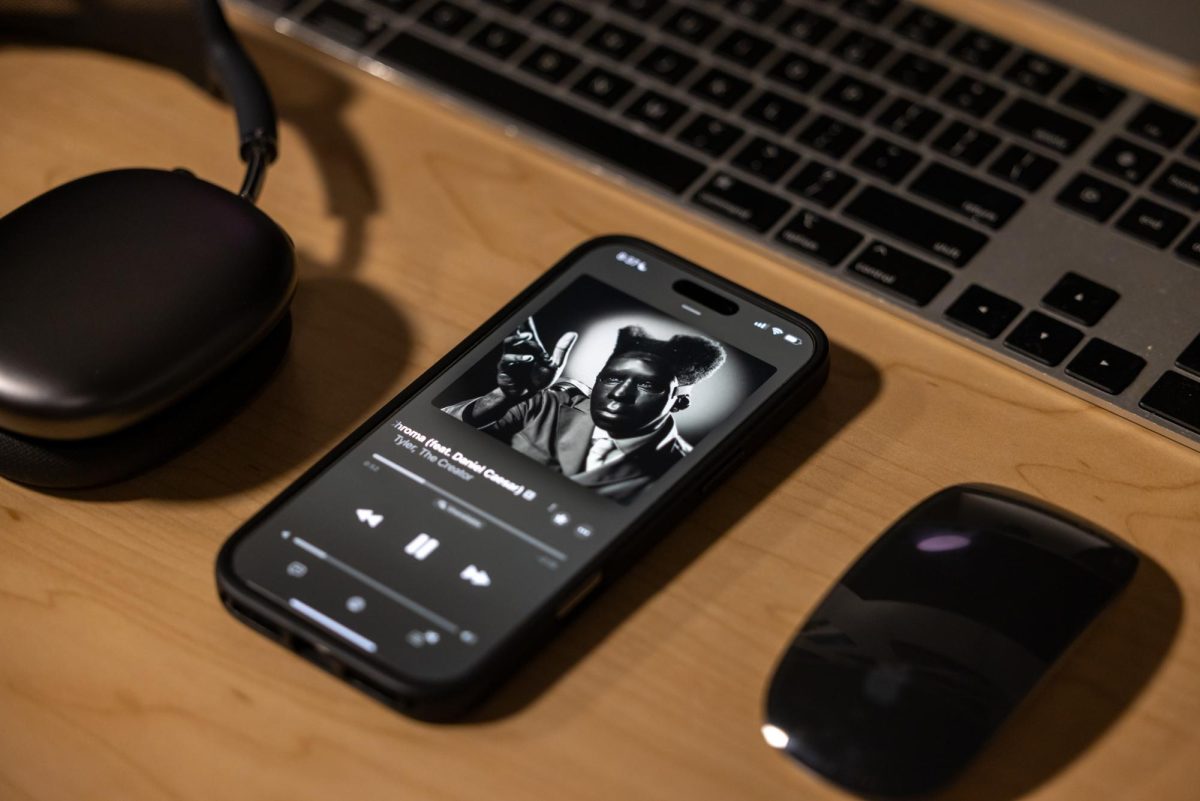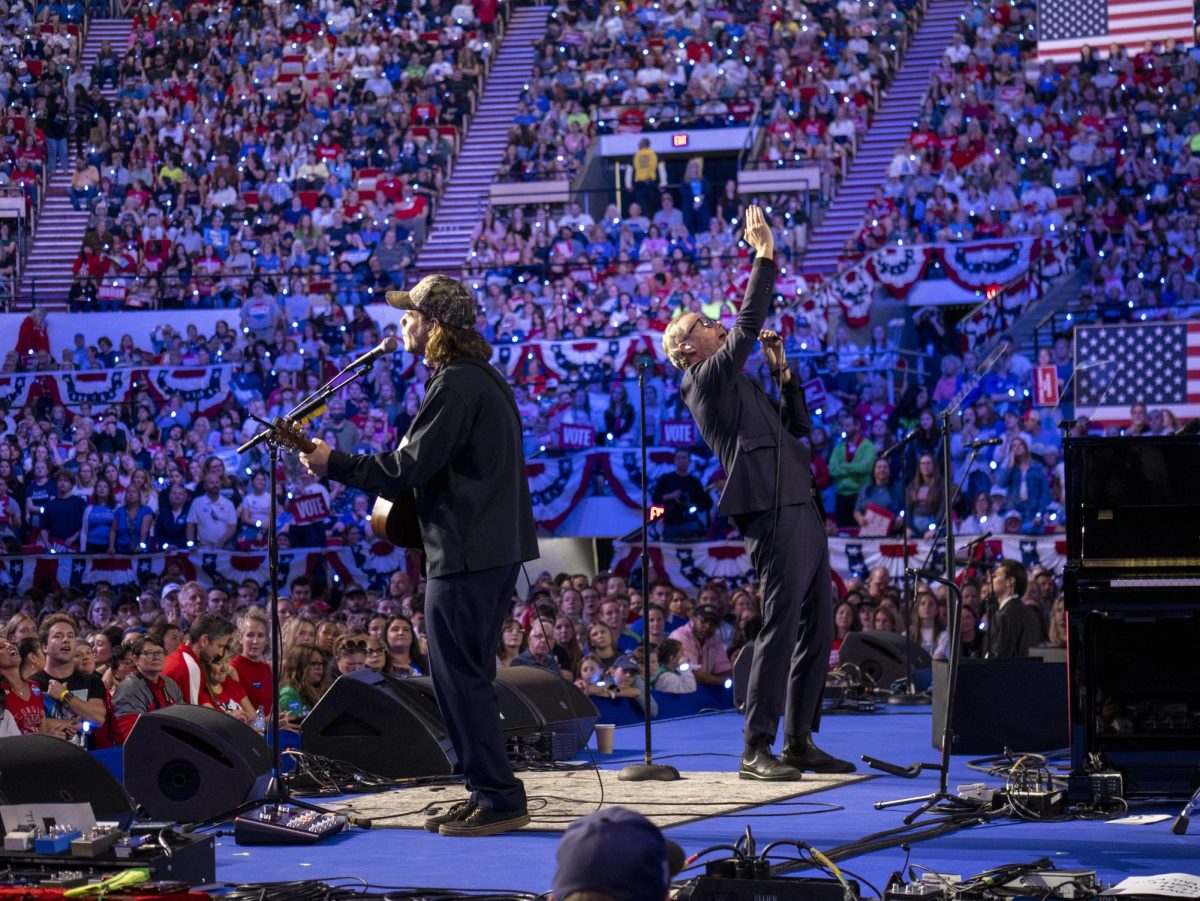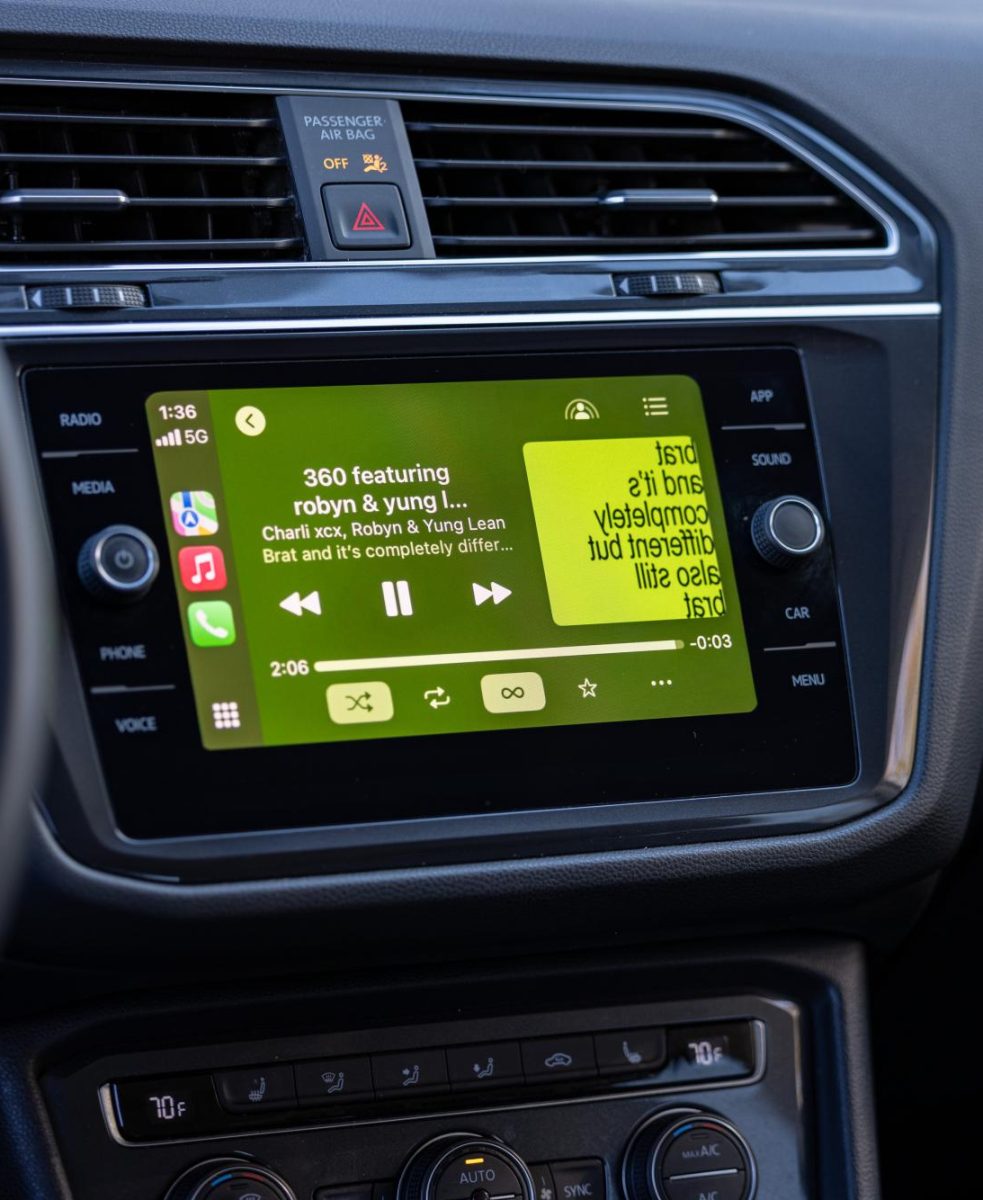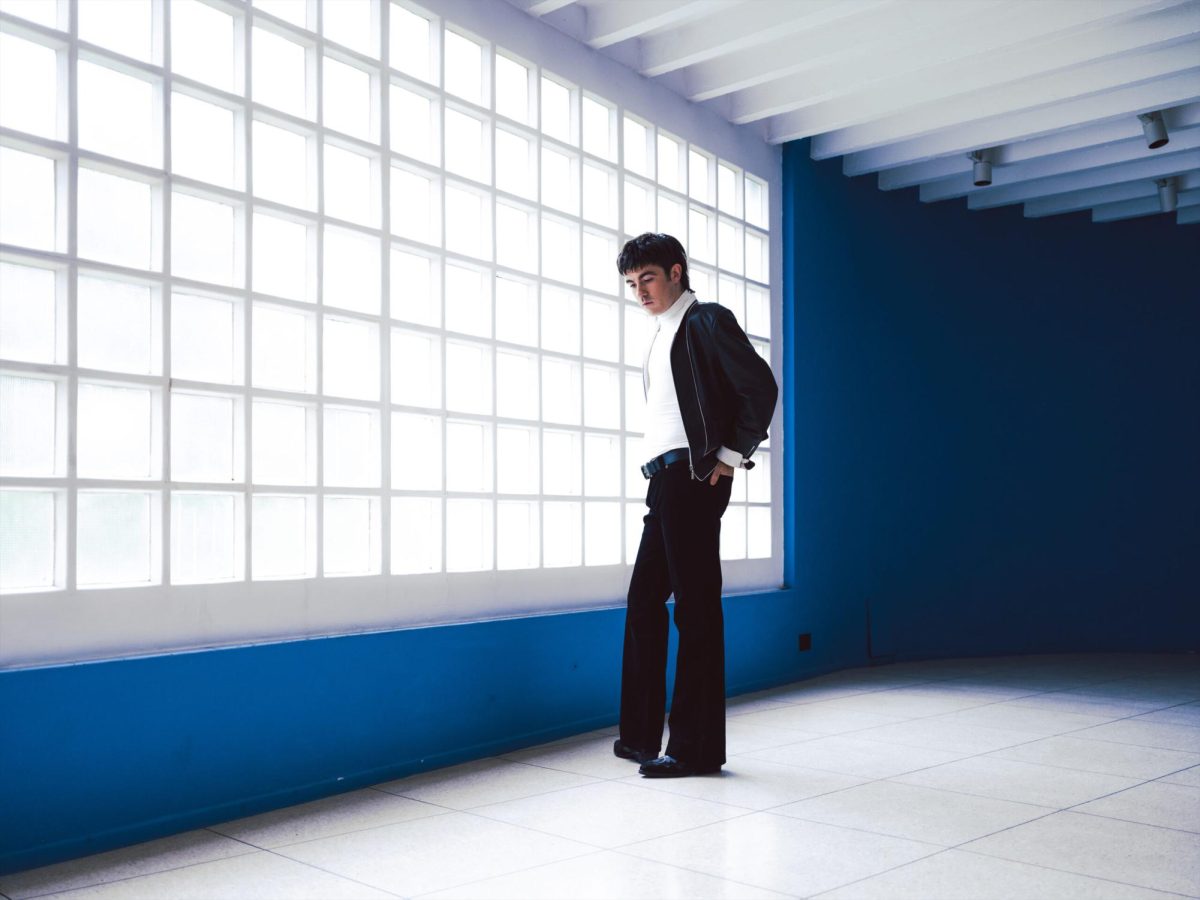Former frontman of the Smiths and Goth rock emblem Morrissey released his eleventh solo album, “Low In High School,” with mixed reviews.
Lately, Morrissey has been better known for his controversial remarks than for his music. Whether it is defending Kevin Spacey against “ridiculous” allegations, or sharing his misguided anti-immigration views, Morrissey seems to constantly be in infamy for one opinion or another.
While Mr. “Meat Is Murder” himself refuses to play festivals if meat is cooking, Morrissey seems to have no problem blaming 14 year olds for being harassed or assaulted.
Following the flop that was his 2014 album, “World Peace Is None Of Your Business”— which received such negative feedback it was even pulled from streaming services —Morrissey made another attempt this month.
While numerous tracks have solid sounds or lyrics, much of the album feels lazy. Half of the songs disappointedly sound like someone used a Morrissey-phrase generator to regurgitate lyrics, and just hoped for the best. Honestly, can Morrissey even write an album without the words “monarchy,” “flesh” or “lonely?”
Reel Sounds: Pink channels ’50s suburbia in a comical, over-the-top music video
The best song on the album is likely “Jacky’s Only Happy When She’s Up on the Stage”— due to its reminiscent nod towards his past works. Both cheeky yet forlorn, Morrissey captured the troubled playfulness of some of his songs with the Smiths, such as “Sheila Take A Bow” and “Girlfriend In A Coma.”
However, while this quality works for Morrissey in “Jacky’s Only Happy When She’s Up on the Stage,” his lack of thematic and lyrical progression since the ‘80s feels more than disappointing in others.
“Home Is A Question Mark” displays this fact perfectly as Morrissey sings, “Home is a question mark/Home is some place I don’t know.” The song is at best mediocre, but overtly whiny nonetheless.
Morrissey shares his anti-cruelty, anti-war and anti-oppression views through songs like “I Bury the Living” and “Who Will Protect Us From Police?” In true Morrissey style, Morrissey uses sarcasm and poignant critiques through passionate lyrics like, “You can’t blame me/I’m just an innocent soldier/Give me an order, I’ll blow up a border/Give me an order I’ll blow up your daughter.”
However, the impassioned pleas in these songs feel somewhat moot when compared to his other public statements. It’s almost as if Morrissey entirely misses the point.
Morrissey consistently critiques the media throughout the album, through accusations of mind control and propaganda. In opening track “My Love, I’d Do Anything for You,” Morrissey advises listeners to “Teach your kids to recognize and to despise all the propaganda/Filtered down by the dead echelons mainstream media.”
Björk fails to impress on latest release despite years of musical experience
This may in part be due to his recent libel lawsuit against NME following an interview where he shared his questionable nationalist and anti-immigration stances. The magazine issued an apology soon after, declaring that they did not mean to infer he was racist.
Morrissey’s main problem does not lie in his musical or lyrical abilities, however. His music is unfortunately attached to and damaged by his abhorrent public persona that alienates listeners. While he is not the first (or last) artist to hold strong political opinions, Morrissey can’t seem to go more than a few months without a misguided and unnecessary offensive comment.
It’s just upsetting to see someone who claims to be progressive, and emphasizes inequality in his lyrics, be so thoughtless in his public statements. At what point is it impossible to separate the art from the artist?
While “Low In High School” is far superior to 2014’s “World Peace Is None Of Your Business,” that isn’t exactly a difficult feat. “Low In High School” still feels like passing an old flame in your hometown, and realizing in that moment exactly why it never worked out.


